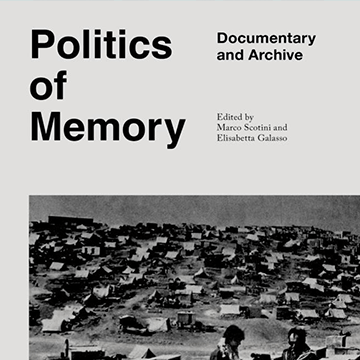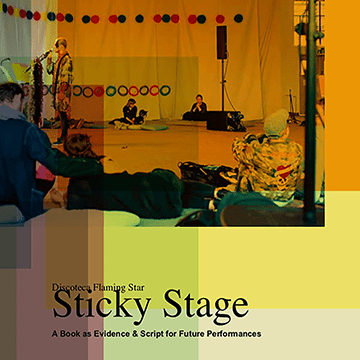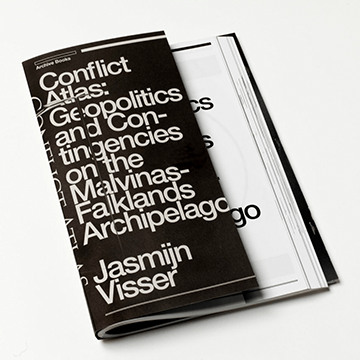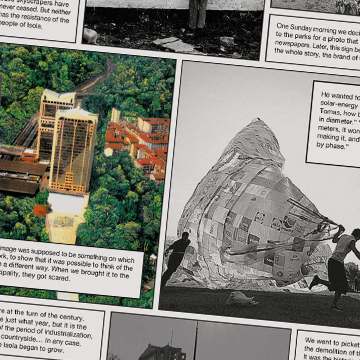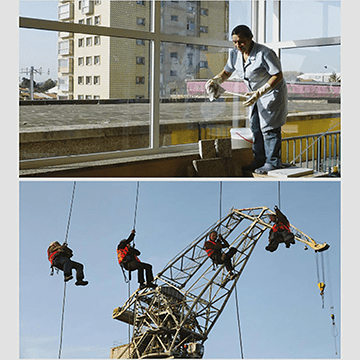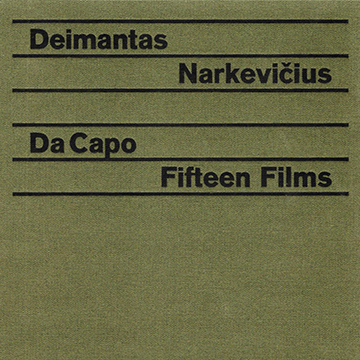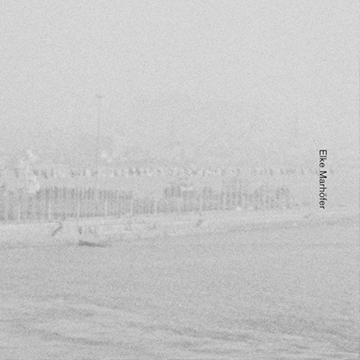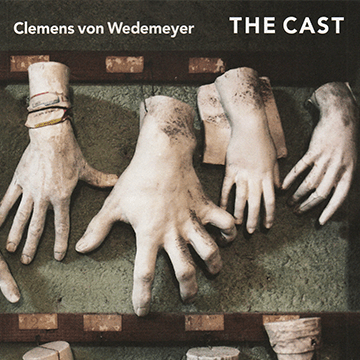The anthology Politics of Memory aims to investigate the document as such, as an objective trace left by events, as material proof or the creation of reality – the strategies with which they transform a state of memory into State memory, those by means of which a historical removal is enacted, those, ultimately, in which there is an attempt to challenge permanent or temporary amnesia, opening up to the future. The artists and filmmakers contributing to this publication represent the most advanced area on an international scale of a research that inaugurates a new relationship between artistic practices and the documentary.
Tag: Paolo Caffoni
Sticky Stage
Sticky Stage is an installation and a performance. It's a rehearsal situation, carried by live music, including poems, songs, films and texts. This book gives evidence to Sticky Stage, specified on the basis of the case study at DISTRICT in Berlin. It is a path for future performances. This book is an archive of the performance and a documentation of what will be.
Conflict Atlas
Conflict Atlas looks at history through the perspective of the Falklands Islands/Islas Malvinas. Global events are mirrored to local proceedings on the archipelago. Through this method it explores trade routes, colonial enterprises, patterns of migration, questions of identity, strategies in warfare and the role of the climate in social issues. Conflict Atlas comprises texts, maps and archival materials. Starting from the case of the Falklands/Malvinas it aims to create a field of tensions by the multiplication and stratification of geographical sites, historical times and subjective views.
Fight-Specific Isola
Fight-Specific Isola traces the long history of the Isola area of Milan and the organic, spontaneous progress of the Isola Art Center over the past 12 years. Featuring texts and many images, the book tells the story of an artistic and urban transformation, led by artists, who often had to invent tools and concepts along the way. This publication serves as an example of how to act on the ground in today’s urban condition. Different narratives of history, artistic intervention and action allow the reader to trace the complex idea of collectivity, solidarity and fight-specificity. Testing new terms such as dirty cube and dispersed center this book shows a possible way to respond to the constant pressure of neoliberal development and gentrification.
Buon Lavoro
Stonemasons, cinema staff, a climbers’ cooperative, a group of 1970s militants. These communities testify to a period of upheaval that swept across Europe from the late 1960s to 1989. The fragments of biographies and the social relationships that Cora Piantoni depicts, are episodes in the context of this historic narrative: the legacy of anti-fascism in Italy, political dissent in the former Eastern Bloc, the fall of the Berlin Wall.
Da Capo. Fifteen Films
This publication constitutes the first comprehensive overview of the filmic production by the video-artist and filmmaker Deimantas Narkevičius: over 20 years of production and more than 200 exhibitions all over the world. It contains the transcription in their integral version of the film’s dialogue list, and it is completed by the comments of 16 authors on the 15 films made by Narkevičius from 1997 through to today. Each film is introduced by the artist’s personal statement.
No, I Am Not a Toad, I Am a Turtle
The publication No, I Am Not a Toad, I Am a Turtle goes back to a three year long research and a film project by Elke Marhöfer on the Korean song form of ‘pansori’ music. Confronted with an animist ontology, growing from the research, the publication revisits discredited philosophies based upon believes on souls and spirits, and questions how modernity designed and conceptualized the relationships and boundaries between ‘humans,’ ‘animals,’ ‘plants’ and ‘things.’
The Cast
Film material 7 / In collaboration with Till Gathmann. Including the films Transformation Scenario, 70.001, and Faux Terrain, as well as a visual essay, a glossary and texts by Heike Geißler, Fanni Fetzer, and Franciska Zólyom.
